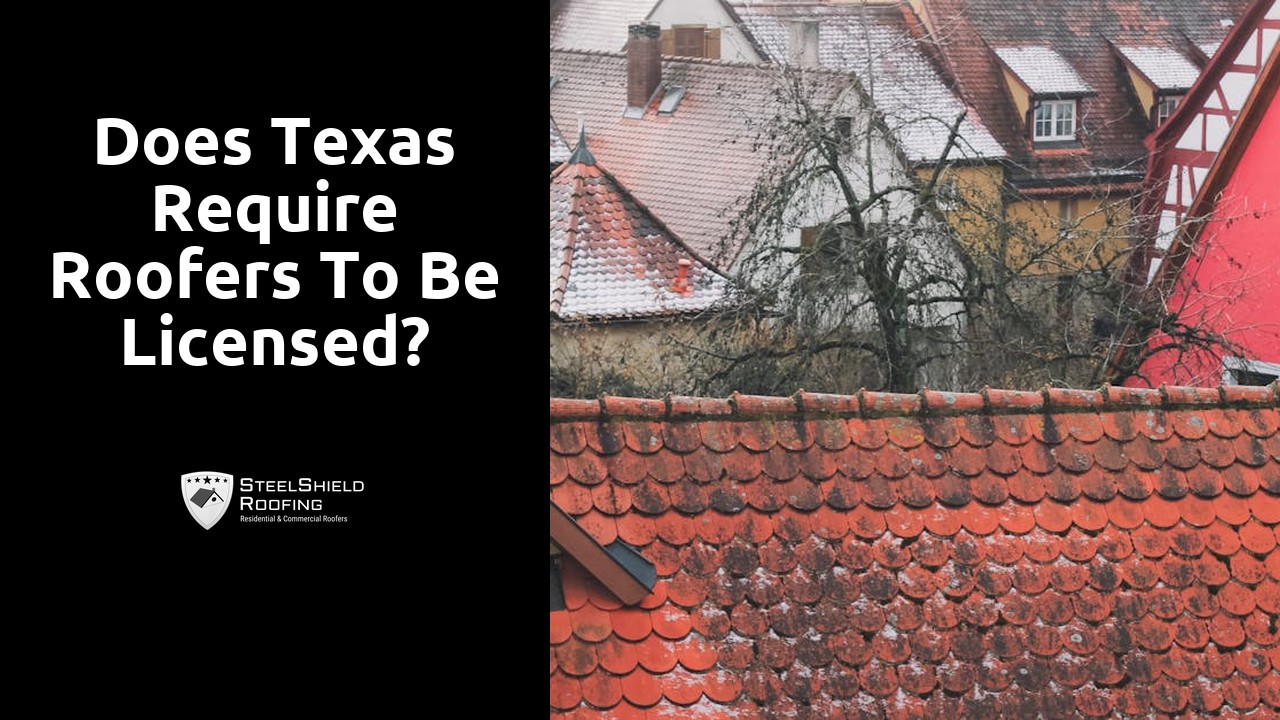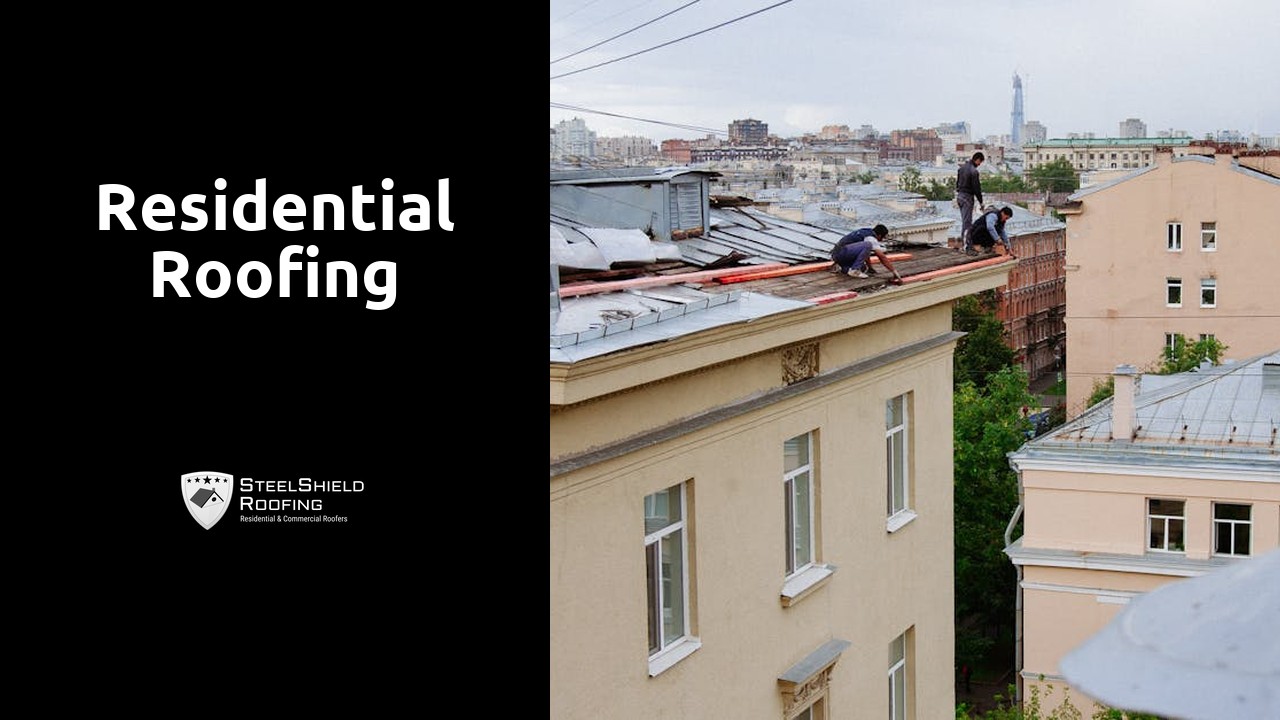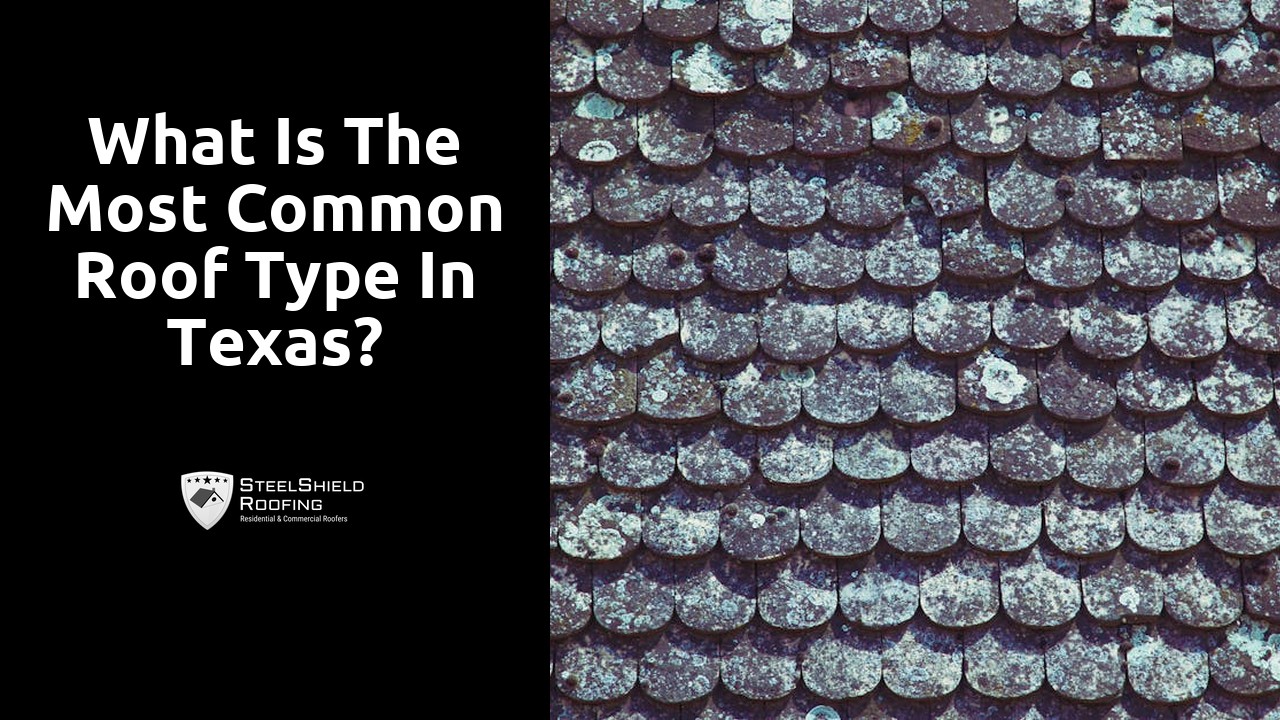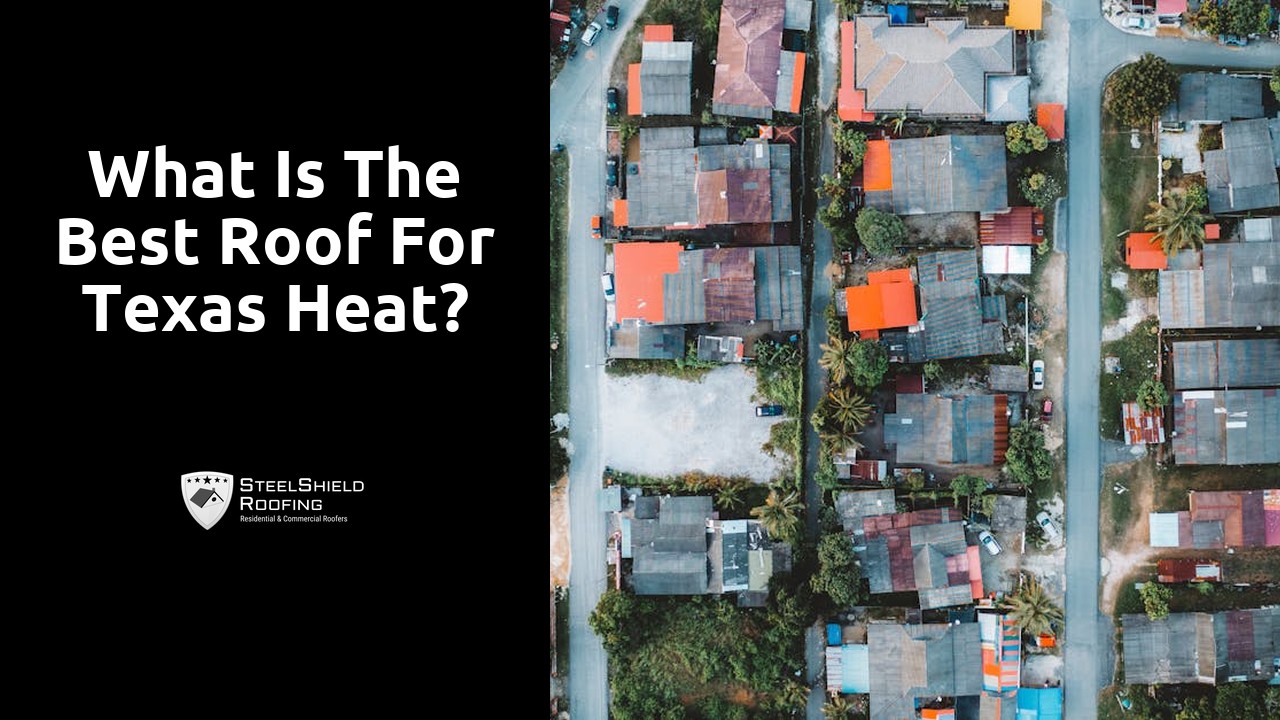
Table Of Contents
Steps to Obtain a Roofing License in Texas
To become a licensed roofer in Texas, individuals need to meet specific requirements set by the Texas Department of Licensing and Regulation (TDLR). Firstly, one must complete a minimum of 4,000 hours of on-site work experience under the supervision of a licensed roofing contractor. This hands-on experience is crucial for developing the necessary skills and knowledge to ensure quality workmanship in the field of residential roofing. Additionally, individuals must pass the Texas Residential Roofing Exam to demonstrate their understanding of the relevant laws, regulations, and best practices in the industry. Seeking guidance from experienced professionals can also be beneficial in navigating the licensing process, especially when searching for "Residential roofing near meNavigate to this website to learn more.
" for practical insights and mentorship.
Application Process
To apply for a roofing license in Texas, candidates must complete and submit the required application form to the Texas Department of Licensing and Regulation (TDLR). The application process typically involves providing personal information, proof of education or experience in the roofing industry, and any other documentation requested by the TDLR. Upon submitting the application, applicants may be required to pay a fee and undergo a background check to ensure compliance with state regulations. It is essential to follow the application instructions carefully to avoid delays in processing. For individuals searching for "Residential roofing near me" it is crucial to research the specific requirements and guidelines set forth by the TDLR to ensure a smooth application process.
Maintaining Roofing License in Texas
Maintaining a roofing license in Texas is imperative for professionals in the field to continue offering their services legally and ethically. To keep their license active, roofers must adhere to the state's regulations and requirements, ensuring that they are up to date with any changes in laws or procedures. By regularly reviewing the licensing guidelines and staying informed about any modifications, roofers can avoid potential pitfalls and continue their operations seamlessly. It is essential for individuals engaging in residential roofing near me to prioritize maintaining their licensing status to uphold the integrity of their work and protect the interests of their clients.
Roofing professionals in Texas must also fulfill renewal requirements to ensure the continuous validity of their license. These may include completing certain education or training courses, submitting updated documentation, and paying renewal fees on time. By proactively managing the renewal process, roofers can safeguard their ability to practice their trade in accordance with state laws and regulations. Prioritizing the renewal of their license is crucial for maintaining the trust and confidence of clients seeking residential roofing near me, demonstrating a commitment to professionalism and compliance within the industry.
Renewal Requirements
To maintain a roofing license in Texas, roofers must ensure they meet the renewal requirements set by the state licensing board. Renewal is typically required on a biannual basis, with specific deadlines outlined by the licensing authority. It is crucial for individuals involved in the roofing industry to stay informed about the renewal process to avoid any disruptions in their ability to conduct roofing work, especially residential roofing near me.
In addition to submitting the necessary renewal forms and fees, roofers might also be required to complete continuing education credits as part of the renewal process. These education requirements are designed to ensure that licensed roofers stay up-to-date on industry standards, safety regulations, and best practices. By fulfilling these renewal requirements promptly and thoroughly, roofers can continue to operate legally in Texas and provide their services to clients seeking residential roofing near me.
Consequences of Roofing Without a License in Texas
Roofing without a license in Texas can lead to severe consequences. The Texas Department of Licensing and Regulation strictly enforces licensing requirements for those working in the roofing industry. If you engage in roofing work without a proper license, you are putting yourself at risk of legal action, fines, and potential harm to the residential property you are working on. It is crucial to comply with the state regulations to ensure the safety and quality of roofing services provided to homeowners, including those searching for "Residential roofing near me."
Roofers found operating without a valid license face penalties that can significantly impact their livelihood. Violating the licensing laws in Texas can result in fines of up to thousands of dollars, legal action, and damage to your professional reputation. Working without the necessary qualifications not only jeopardizes the integrity of the roofing industry but also endangers the welfare of clients seeking trusted expertise for their homes, especially in the context of "Residential roofing near me."
Penalties and Fines
If you engage in roofing services in Texas without the required license, severe penalties may be imposed. The Texas Department of Licensing and Regulation takes unlicensed roofing activity seriously. Engaging in roofing without proper licensure not only jeopardizes the safety and quality of construction but also risks legal repercussions. When searching for "Residential roofing near me," always verify that the roofer possesses a valid license to evade potential fines and legal implications.
Violating the licensing laws in Texas can result in hefty fines for both individuals and businesses conducting unlicensed roofing work. Fines can vary depending on the extent of the violation, but significant penalties may be incurred, including potential legal action. Therefore, it is essential to ensure that any contractor offering residential roofing services near you is properly licensed. With fines and legal troubles at stake, complying with Texas licensing regulations is crucial for both the reputation and legality of roofing contractors in the state.
FAQS
Is it mandatory for roofers in Texas to be licensed?
Yes, Texas requires roofers to be licensed in order to legally perform roofing work in the state.
What are the steps to obtain a roofing license in Texas?
The steps to obtain a roofing license in Texas typically involve meeting certain eligibility criteria, completing a roofing application, providing necessary documentation, and passing a licensing exam.
How can I apply for a roofing license in Texas?
To apply for a roofing license in Texas, you will need to submit a completed application form along with the required supporting documents to the relevant licensing authority in the state.
What are the renewal requirements for a roofing license in Texas?
Roofing licenses in Texas typically need to be renewed periodically. Renewal requirements may include completing continuing education courses, paying renewal fees, and meeting any other criteria set by the licensing authority.
What are the consequences of roofing without a license in Texas?
Roofing without a license in Texas is illegal and can result in severe consequences such as penalties, fines, legal action, and damage to your reputation as a roofer. It is important to ensure that you are properly licensed before undertaking any roofing work in the state.


